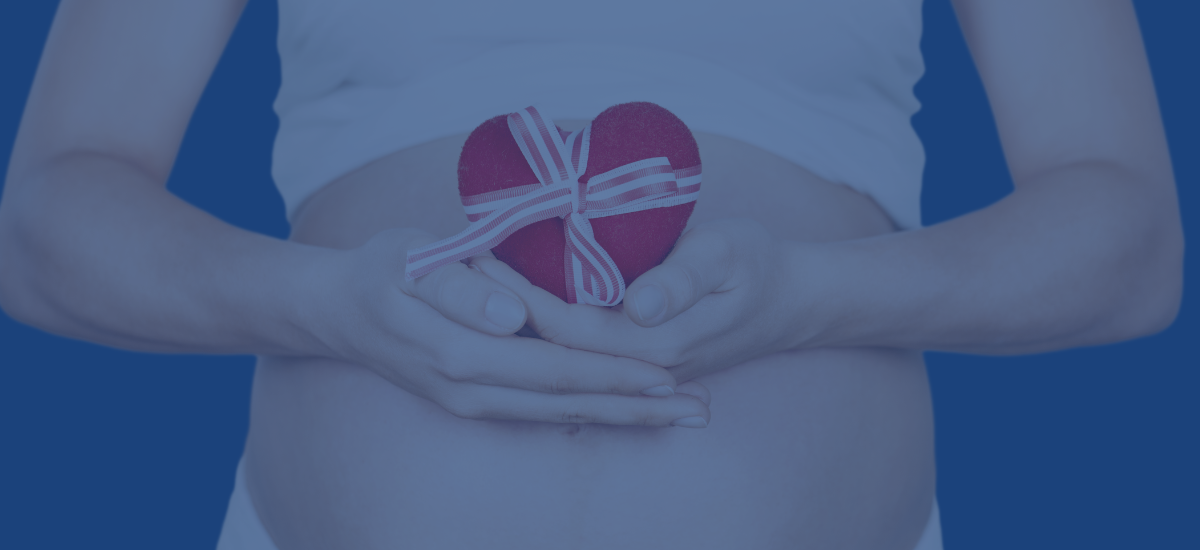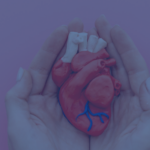Bypass surgery, or Coronary Artery Bypass Graft (CABG), is a life-saving procedure that improves blood flow to the heart. It alleviates symptoms such as chest pain caused by blocked arteries. However, some patients report chest pain even a year after surgery, which can understandably cause anxiety.
“Chest pain 1 year after bypass surgery is not always a cause for concern, but understanding its nuances is crucial,”
states Dr. Vishal Khullar, a globally acclaimed cardiac surgeon in Mumbai, India.
With over 30 years of experience, Dr. Khullar has performed more than 7,000 heart surgeries and is recognized for his expertise in managing complex cardiac cases.
In this blog, we will discuss about chest pain one year after bypass surgery, covering its causes, complications, treatments, and prevention.
Is Chest Pain 1 Year After Bypass Surgery Normal?

Chest pain one year after bypass surgery can be normal and may occur for several reasons. Although the surgery is intended to relieve pain and restore heart function, it’s not uncommon for some patients to experience residual or recurring discomfort. Some may have minor, short-lived episodes of pain due to healing tissues or scar formation, while others might face more serious issues.
A mild ache or twinge is often part of the healing process. However, persistent or severe pain may indicate underlying complications. Studies suggest that up to 30% of bypass surgery patients report some form of discomfort one year after the procedure, although not all of these cases are critical.
Concerned about persistent chest pain after bypass surgery? Consult a seasoned heart specialist for expert guidance and personalized care. Book an appointment today!
But that’s not all—let’s delve deeper into what might cause this discomfort.
Causes of Chest Pain 1 Year After Bypass Surgery
Understanding the potential causes is key to managing post-surgical pain effectively. Here are the most common reasons:
- Nerve Damage or Healing Pain: Surgical incisions and rib cage manipulation can cause lingering nerve sensitivity.
- Scar Tissue Formation: Healing from surgery can cause scar tissue to form, sometimes leading to localized discomfort.
- Musculoskeletal Strain: Physical activities or poor posture may trigger discomfort.
- Graft Issues: Blockages or narrowing in bypass grafts can lead to recurring angina-like pain.
- Pericarditis: Inflammation of the pericardium is another possible cause.
- Costochondritis: Inflammation of the cartilage connecting the ribs can mimic heart-related pain.
- Angina Recurrence: Despite bypass surgery, new blockages can develop in grafts or other arteries, causing chest pain.
- Post-Sternotomy Syndrome: Discomfort due to rib cage trauma from surgery is a frequent complaint.
Each cause requires a unique diagnosis and treatment, emphasizing the importance of timely medical evaluation.
Risks, Complications & Impact of Chest Pain 1 Year After Surgery
Persistent chest pain can signify underlying issues that may carry long-term risks. Here are some possible complications:
- Heart Attack: A sudden blockage in a bypassed or new artery could lead to a cardiac event.
- Graft Dysfunction: If grafts narrow or clog, blood flow to the heart is impaired.
- Emotional Stress: Chronic pain can affect mental health, leading to anxiety or depression.
- Reduced Quality of Life: Prolonged discomfort may limit physical activity and overall well-being.
Experiencing unusual chest pain one year after surgery? Reach out to a skilled heart doctor to address your concerns. Book your consultation now!
Ignoring persistent pain isn’t just inconvenient—it could be life-threatening. So, when does it go away?
When Does Chest Pain Go Away?
For many patients, chest pain resolves within 6–12 months of surgery as the body heals. However, pain lasting longer than a year may stem from other medical issues, such as angina recurrence or musculoskeletal problems.
Pain caused by scar tissue, nerve damage, or inflammation may subside with targeted treatments like physical therapy or medication. However, if the pain worsens or is accompanied by symptoms like shortness of breath, immediate medical evaluation is crucial.
How to Treat Chest Pain 1 Year After Bypass Surgery?

Treatment options vary depending on the cause. Here’s how doctors typically manage post-surgical chest pain:
- Medications: Pain relievers, anti-inflammatory drugs, or angina medications can alleviate symptoms.
- Physical Therapy: Targeted exercises help improve mobility and reduce musculoskeletal pain.
- Cardiac Rehabilitation: Programs tailored to heart patients focus on strengthening the heart and improving endurance.
- Stress Management: Techniques like mindfulness or therapy can address anxiety-related symptoms.
- Surgical Revision: In rare cases, corrective surgery might be required to address graft blockages or sternal instability.
“The right treatment depends on an accurate diagnosis, so consult your surgeon or cardiologist without delay,” advises Dr. Vishal Khullar.
How to Prevent Chest Pain 1 Year After Bypass Surgery?
Prevention starts with lifestyle changes and proactive care. Here are some strategies:

- Adopt a Heart-Healthy Diet: Focus on whole grains, lean proteins, and vegetables to keep your arteries clear.
- Exercise Regularly: Engage in doctor-approved physical activities to improve circulation and reduce stiffness.
- Attend Regular Follow-Ups: Routine check-ups can help detect complications early.
- Manage Stress: Incorporate relaxation techniques like Yoga or meditation to ease psychological strain.
- Quit Smoking and Limit Alcohol: Both can adversely impact heart health and slow recovery.
Conclusion
Chest pain one year after bypass surgery can stem from various causes, but with timely diagnosis and appropriate treatment, most patients recover effectively. Staying vigilant about symptoms and maintaining a heart-healthy lifestyle are vital. With guidance from an experienced cardiac surgeon like Dr. Vishal Khullar, patients can navigate post-surgical challenges and enjoy a fulfilling life.
Take control of your heart health today! Contact a competent expert for personalized advice on managing chest pain after bypass surgery. Book an appointment now!
Frequently Asked Questions:
1. Should I be worried about chest pain one year after surgery?
Yes, if the pain is severe, persistent, or accompanied by other symptoms like dizziness or breathlessness.
2. How can I differentiate angina from normal post-surgical pain?
Angina usually presents as a tight, squeezing pain triggered by exertion, whereas post-surgical pain may feel sharp and localized.
3. How do I know if my bypass graft has failed?
Symptoms like severe chest pain, fatigue, or shortness of breath may indicate graft failure, which requires immediate evaluation.
4. How can I differentiate between heart-related pain and muscular pain?
Heart pain often feels tight or heavy and may radiate to the arm or jaw, while muscular pain is localized and worsens with movement.
5. Is nerve pain after bypass surgery permanent?
In most cases, it improves over time with appropriate care.
Reference links:
https://www.nhs.uk/conditions/coronary-artery-bypass-graft-cabg/recovery
https://www.clinicspots.com/blog/chest-pain-1-year-after-bypass-surgery
Disclaimer: This page is meant for informational purposes and not for promotional use.





[…] Heart Failure (CHF): Known as CHF after bypass surgery or CHF after open heart surgery, this condition involves fluid buildup in the lungs and tissues, […]